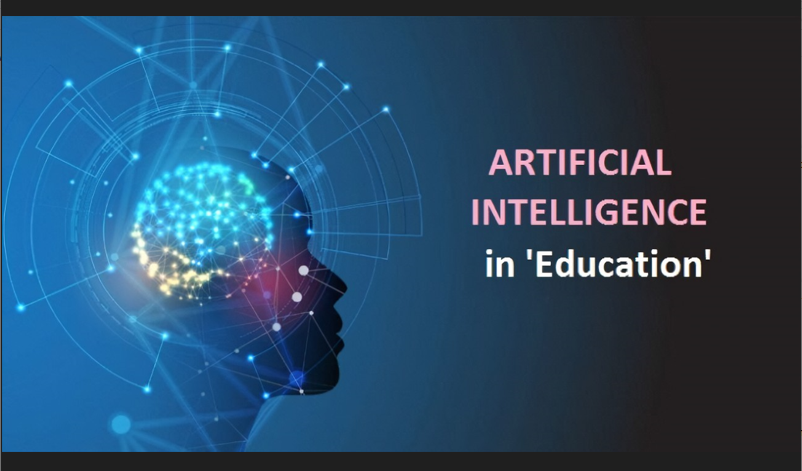
Artificial Intelligence (AI) is revolutionizing various industries, and education is no exception. From personalized learning experiences to administrative task automation, AI is significantly transforming the way students learn and educators teach. Here, we explore the multifaceted impact of AI on education and how it is reshaping the landscape of learning and teaching.
Personalized Learning
One of the most profound impacts of AI in education is its ability to personalize learning experiences. AI-powered systems can analyze students’ learning patterns, strengths, and weaknesses to tailor educational content accordingly. This personalized approach ensures that each student receives instruction that suits their individual needs, making learning more effective and engaging.
Adaptive Learning Platforms: Platforms like DreamBox, Knewton, and Smart Sparrow use AI to adapt educational content in real-time based on student performance. These systems provide instant feedback and adjust the difficulty level of tasks to keep students challenged yet not overwhelmed.
Intelligent Tutoring Systems: AI-driven tutoring systems offer one-on-one assistance to students, providing explanations and hints as needed. These systems can mimic the role of a personal tutor, helping students understand complex concepts at their own pace.
Enhanced Teaching Methods
AI is not only enhancing the learning experience for students but also transforming teaching methods for educators. By automating administrative tasks, providing data-driven insights, and offering new tools for instruction, AI is helping teachers become more efficient and effective.
Automated Grading: AI can automate the grading of multiple-choice tests and even some essay questions, freeing up valuable time for teachers to focus on instruction and student interaction. Tools like Gradescope use AI to grade assignments quickly and accurately.
Data Analytics: AI-powered analytics tools can provide teachers with detailed insights into student performance, helping them identify areas where students struggle and adjust their teaching strategies accordingly. These insights can lead to more targeted and effective instruction.
Virtual Classrooms: AI enables the creation of virtual classrooms where students and teachers can interact in real-time, regardless of their physical location. Tools like Google Classroom and Microsoft Teams use AI to facilitate online learning, making education more accessible and flexible.
Administrative Efficiency
In addition to enhancing learning and teaching, AI is streamlining administrative processes in educational institutions. From enrollment management to scheduling and resource allocation, AI is making administrative tasks more efficient and accurate.
Enrollment and Admission: AI can analyze large volumes of application data to help institutions make more informed admission decisions. It can also identify patterns and trends that might not be apparent through manual analysis.
Scheduling and Resource Allocation: AI can optimize class schedules, ensuring that resources such as classrooms and teachers are used efficiently. This can lead to more balanced workloads for teachers and better learning environments for students.
Preparing for the Future
As AI continues to evolve, its role in education is expected to expand even further. Educational institutions need to prepare for this transformation by investing in AI technologies and training educators to use these tools effectively. Here are a few steps that can help:
Invest in AI Infrastructure: Schools and universities should invest in the necessary infrastructure to support AI-powered tools and platforms. This includes hardware, software, and reliable internet connectivity.
Train Educators: Teachers and administrators need training to effectively integrate AI into their teaching and administrative practices. Professional development programs can help educators understand the potential of AI and how to use it to enhance their work.
Foster a Culture of Innovation: Educational institutions should encourage a culture of innovation where educators are open to experimenting with new technologies and approaches. This can lead to the discovery of new ways to leverage AI for improved learning outcomes.
Conclusion
AI is transforming education in profound ways, offering personalized learning experiences, enhancing teaching methods, and streamlining administrative tasks. As educational institutions continue to embrace AI, they have the potential to create more effective, efficient, and engaging learning environments. By investing in AI technologies and training educators, we can harness the power of AI in education transforming learning for the better.
The future of Autonomous vehicles with AI



